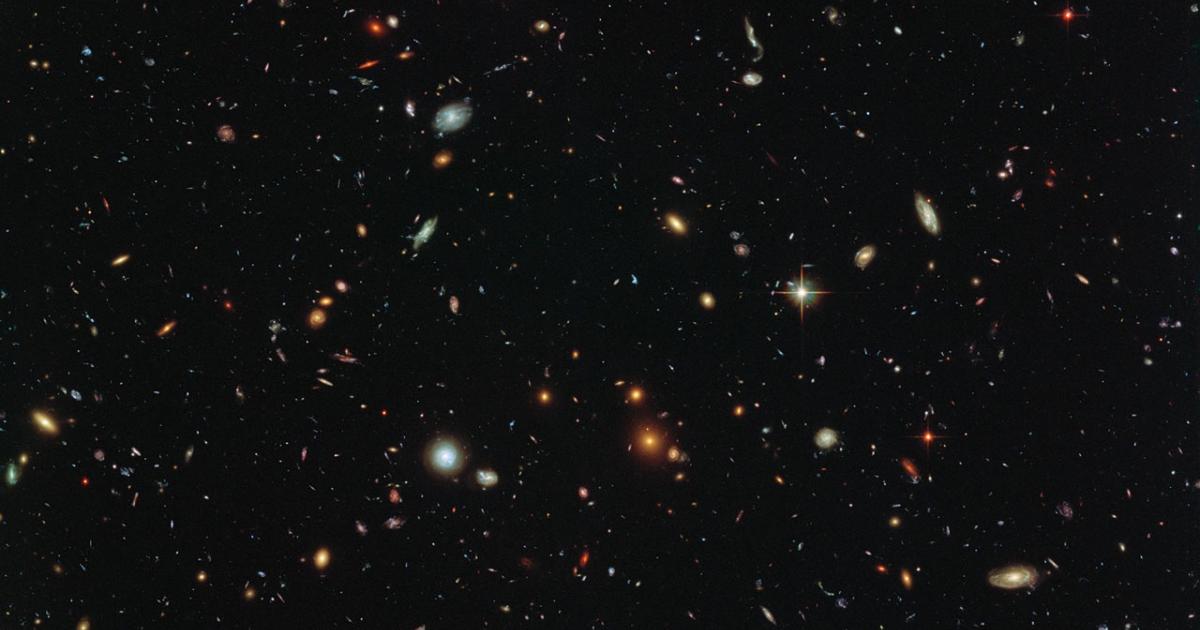
We have algorithms that can dive into mounds of personal data in order to match personalities with well-targeted ads. What about algorithms that might delve into mountains of data about the universe to find hidden patterns?
The great difficulty, summed up new world, Is that in theoretical physics, the “hidden direction” is called a formula, and it is not easy to teach this “language” to artificial intelligence. Admittedly, in the 16th century, Johannes Kepler was able to write his own mathematical equations regarding the motions of the planets, because he was immersed in the numerous data of the astronomical observations of his time. But today, the scope for analysis and the amount of data is infinitely broader, and continues to grow with each new observation from the James Webb or Gaia space telescopes. The more variables, the more likely the number of equations multiplies: even an AI won’t know where to start.
One path is to go there piece by piece: a few years ago, Team from Princeton University she “fed” an algorithm with the motions of the moons around Jupiter and Saturn, and waited for it to “discover” the laws of gravity. Since then, other researchers have tried to take it to the next level: Their algorithms have succeeded Infer the mass of black holes From data on gravitational waves, for example. Could the “higher” target be dark matter, which permeates the universe but cannot be seen or detected? If it turns out that its distribution is associated with observable systems, then we get it a key For a mathematical equation that can be deduced by artificial intelligence, even if we are talking about a phenomenon of a cosmic scale.
But even if we get there, there will still be a problem, which she sums up new world: All these successes of the past few years are “empirical equations. In other words, they are descriptive and sufficient to reproduce experimental data”, but not “to provide a theoretical explanation”. Just like four centuries ago: Kepler discovered the laws of planetary motion, which means he could describe “how they work”; But it would be necessary to wait for Newton to understand “why”, that is, the law of gravity that united all these celestial bodies.
Will artificial intelligence reach that far? It’s impossible to say, but theoretical physicists would like to lend a helping hand.






